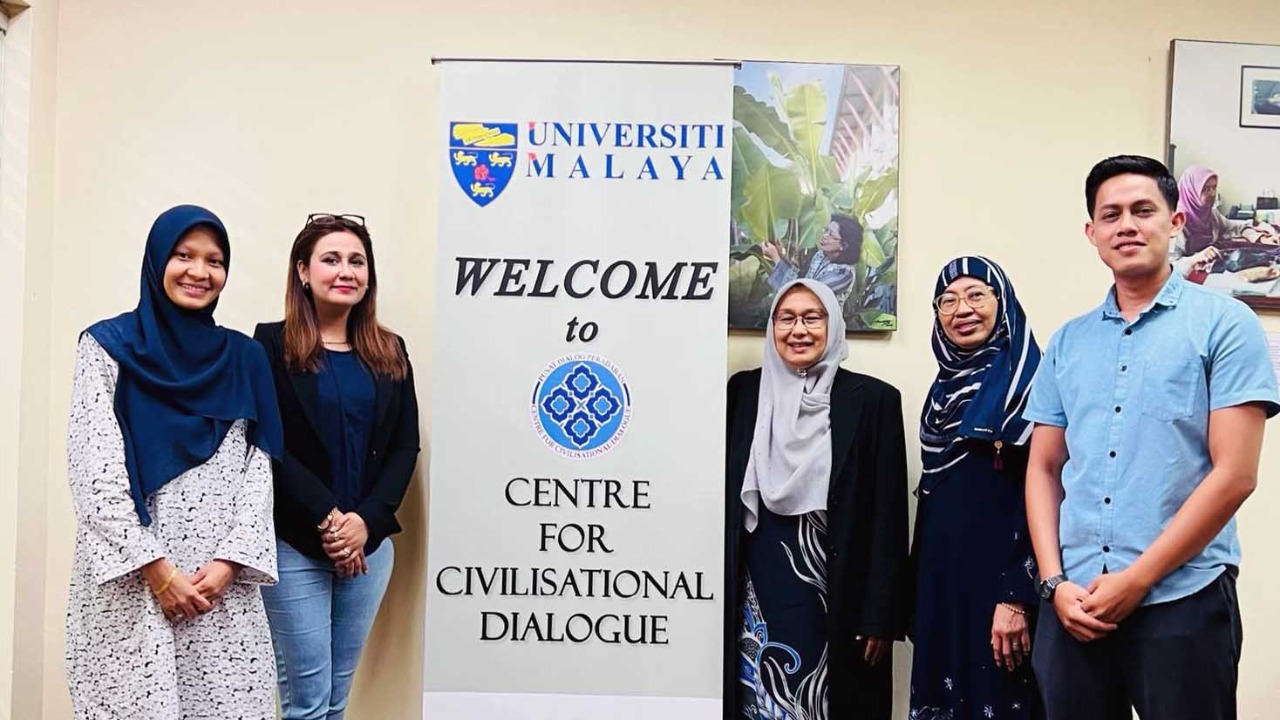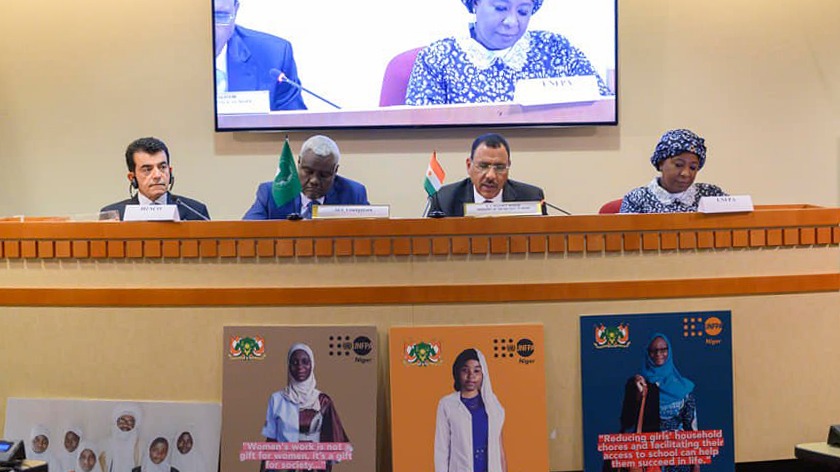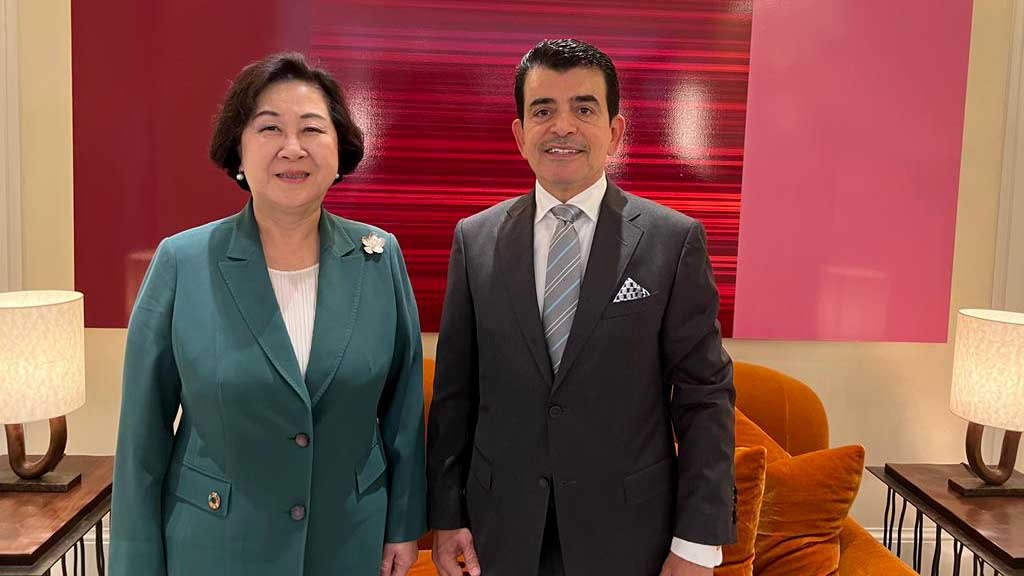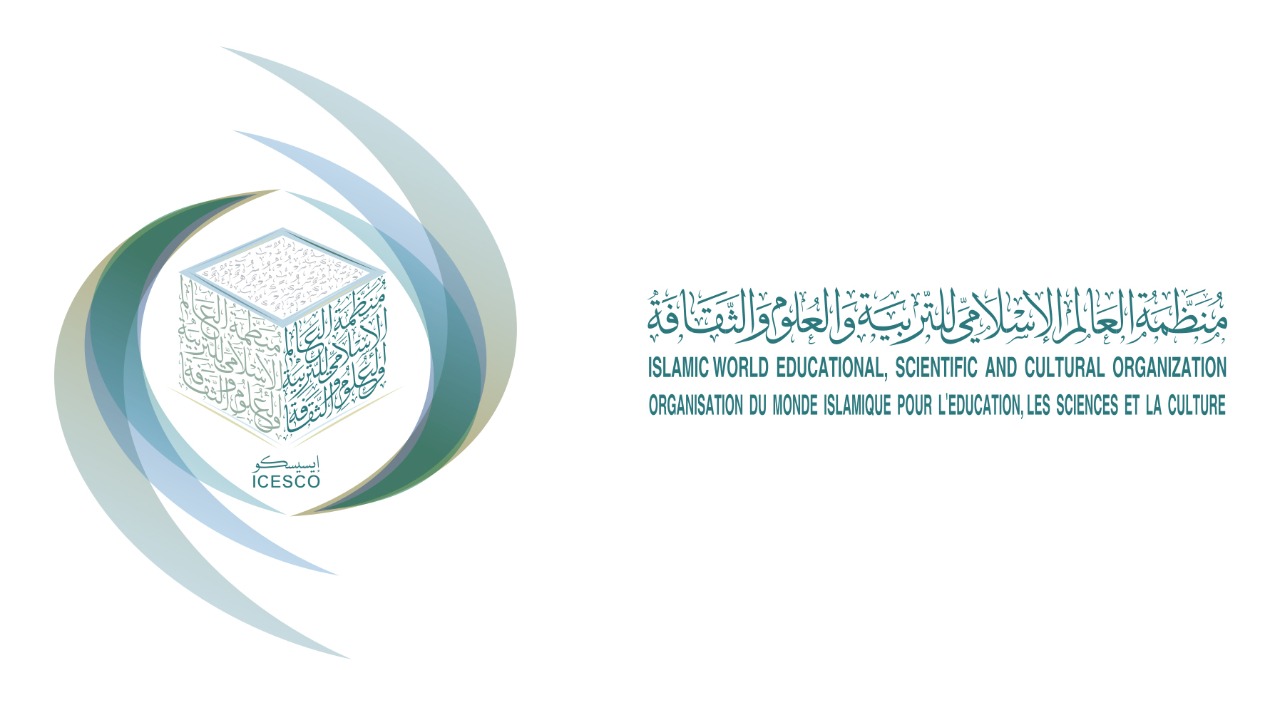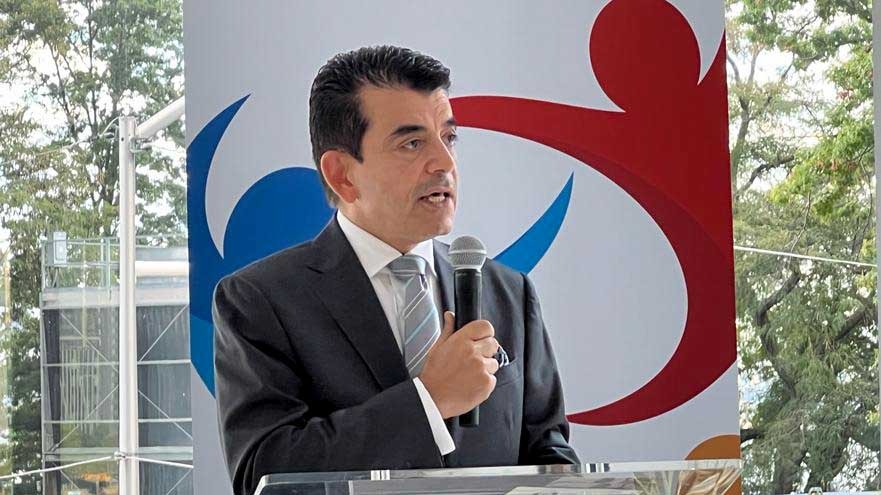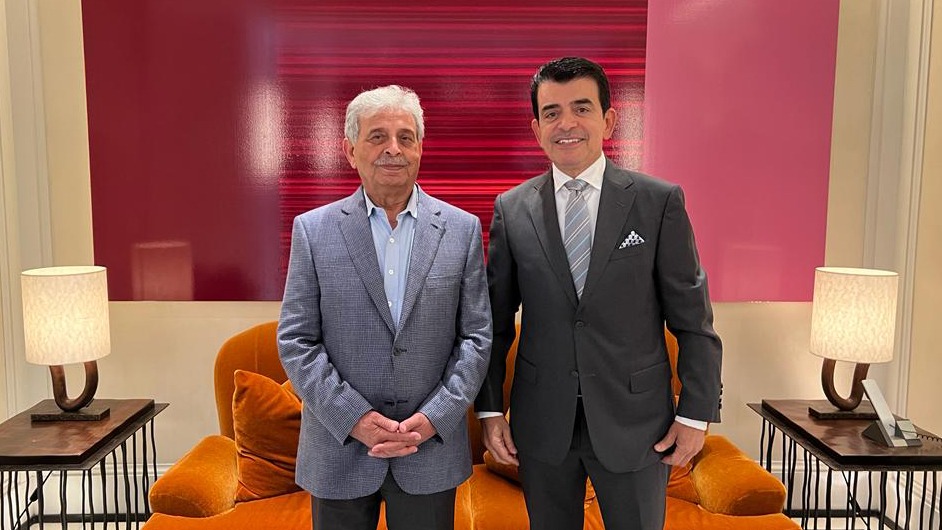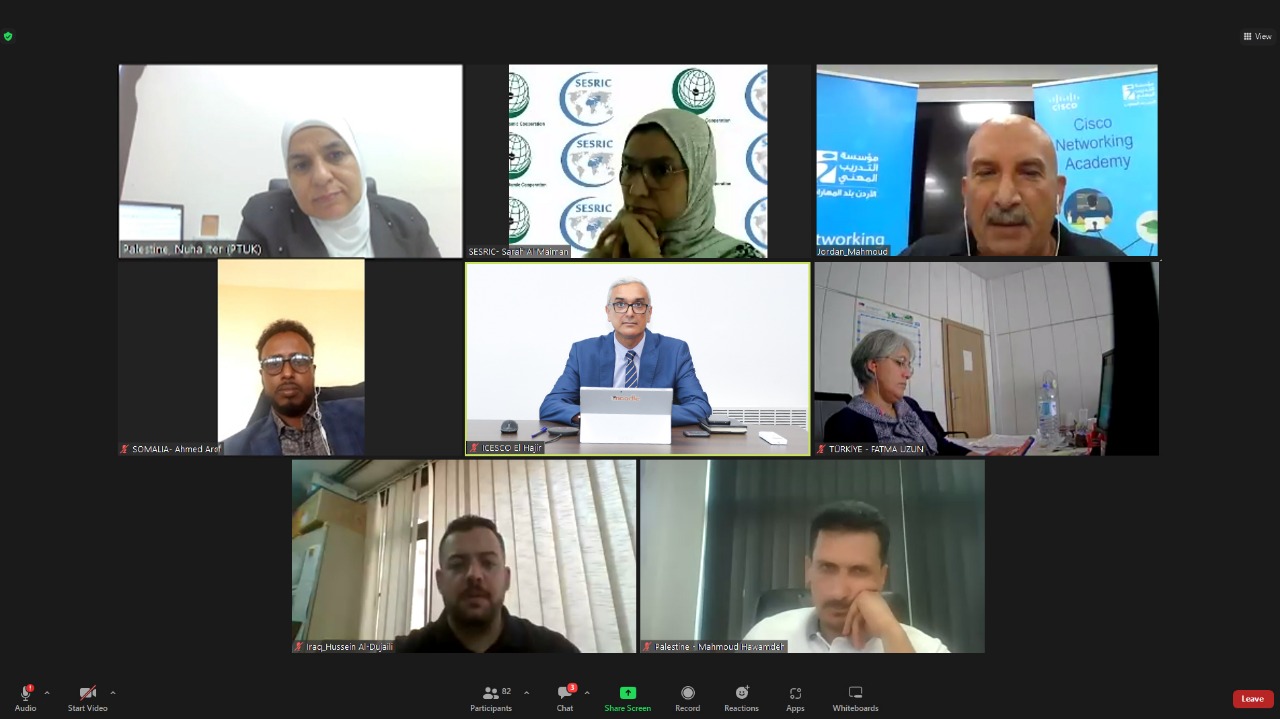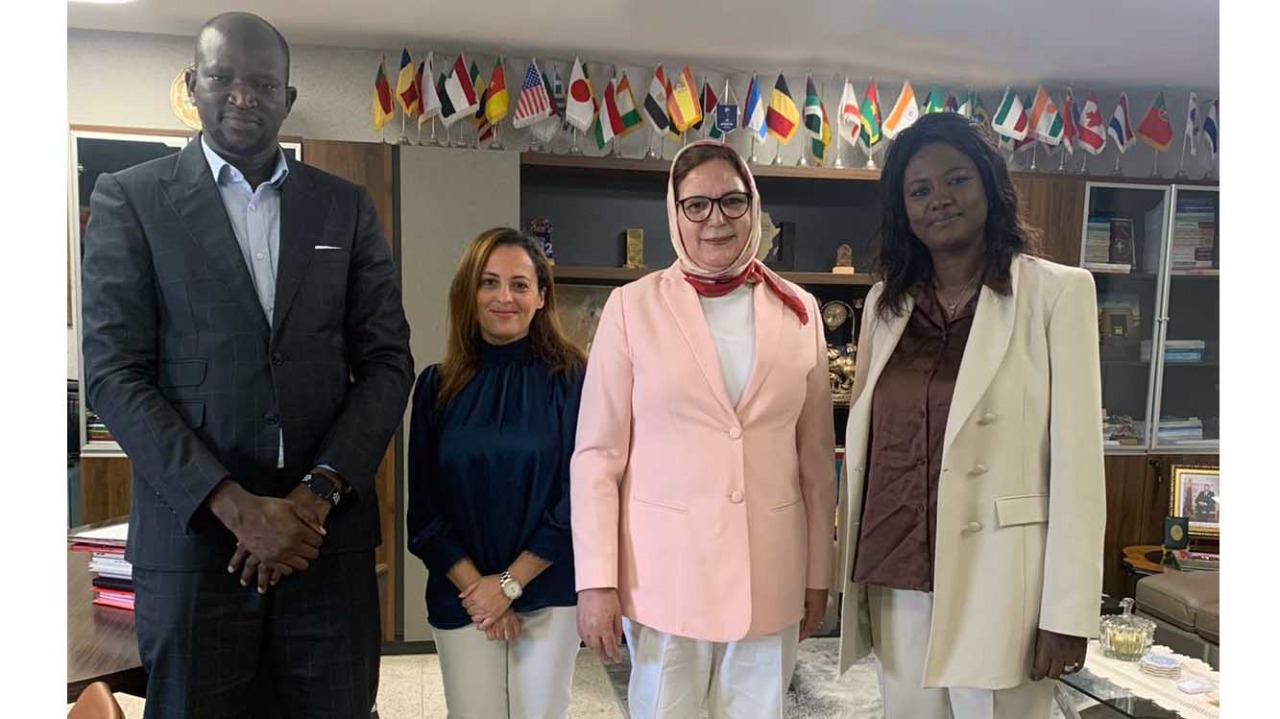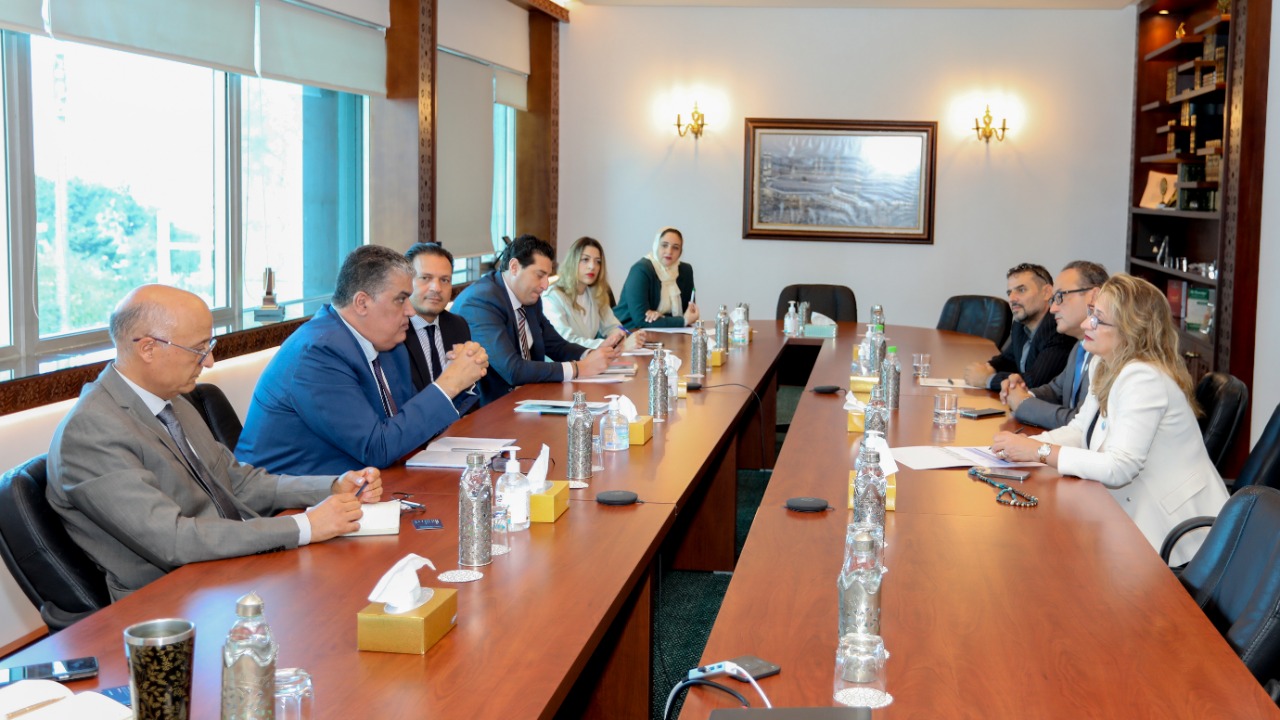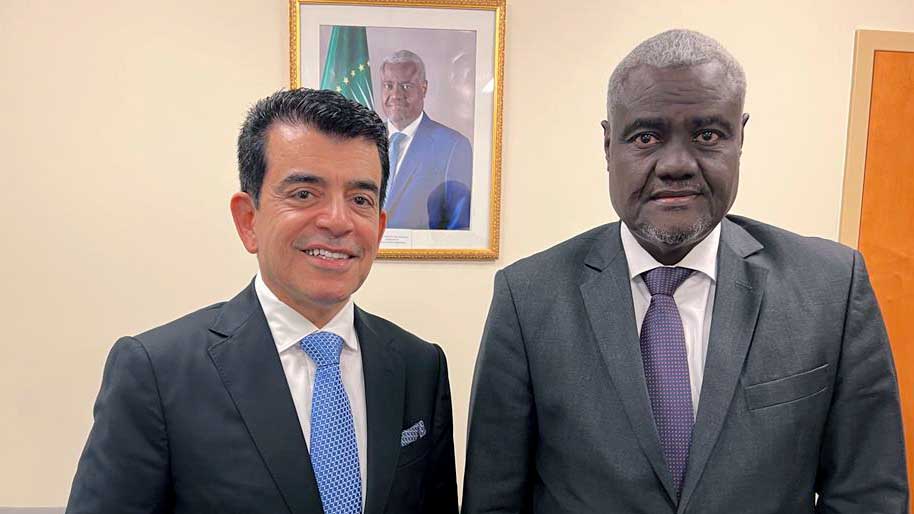The Center for Civilization Dialogue of the Islamic World Educational, Scientific and Cultural Organization (ICESCO) held four separate meetings with Malaysian institutions, namely the Ministry of Foreign Affairs, the Ministry of Tourism, Arts and Culture, the International Institute for Advanced Islamic Studies, and the Center for Civilizational Dialogue of the University of Malaya. The meetings discussed ways to enhance cooperation mechanisms between ICESCO and these parties in promoting civilizational dialogue and organizing joint programmes and activities.
Dr. Sidra Tariq Jamil, expert at the Center for Civilization Dialogue, represented ICESCO in these meetings. The first meeting, held with Ms. Nancy Bint Shukri, Minister of Tourism, Arts and Culture in Malaysia, discussed the aspects of cooperation between ICESCO and the Ministry in implementing several programmes and initiatives, and organizing seminars and workshops to promote culture in Muslim countries, protect heritage and encourage young people to artistic creativity.
During the second meeting with Mr. Ahmad Kamrizamil, Undersecretary of the Regional Cooperation Department at the Malaysian Ministry of Foreign Affairs, Dr. Sidra reviewed the Organization’s efforts in promoting civilizational dialogue and diplomacy in Member States, highlighting the importance of international and regional cooperation to contribute to the achievement of peace and sustainable development in the Islamic world.
ICESCO representative held the third meeting with Dr. Mohammad Hashim Kamali, CEO of the International Institute for Advanced Islamic Studies in Malaysia. This meeting touched upon ways of cooperation in conducting joint studies and research on a number of topics, most notably the importance of cultural and civilizational dialogue.
Dr. Sidra held the fourth meeting with Dr. Azizan Baharuddin, Director of the Center for Civilizational Dialogue of the University of Malaya. The meeting reviewed the strategic vision, main objectives and aspirations of the two centers and the necessary measures to sign a memorandum of understanding.


